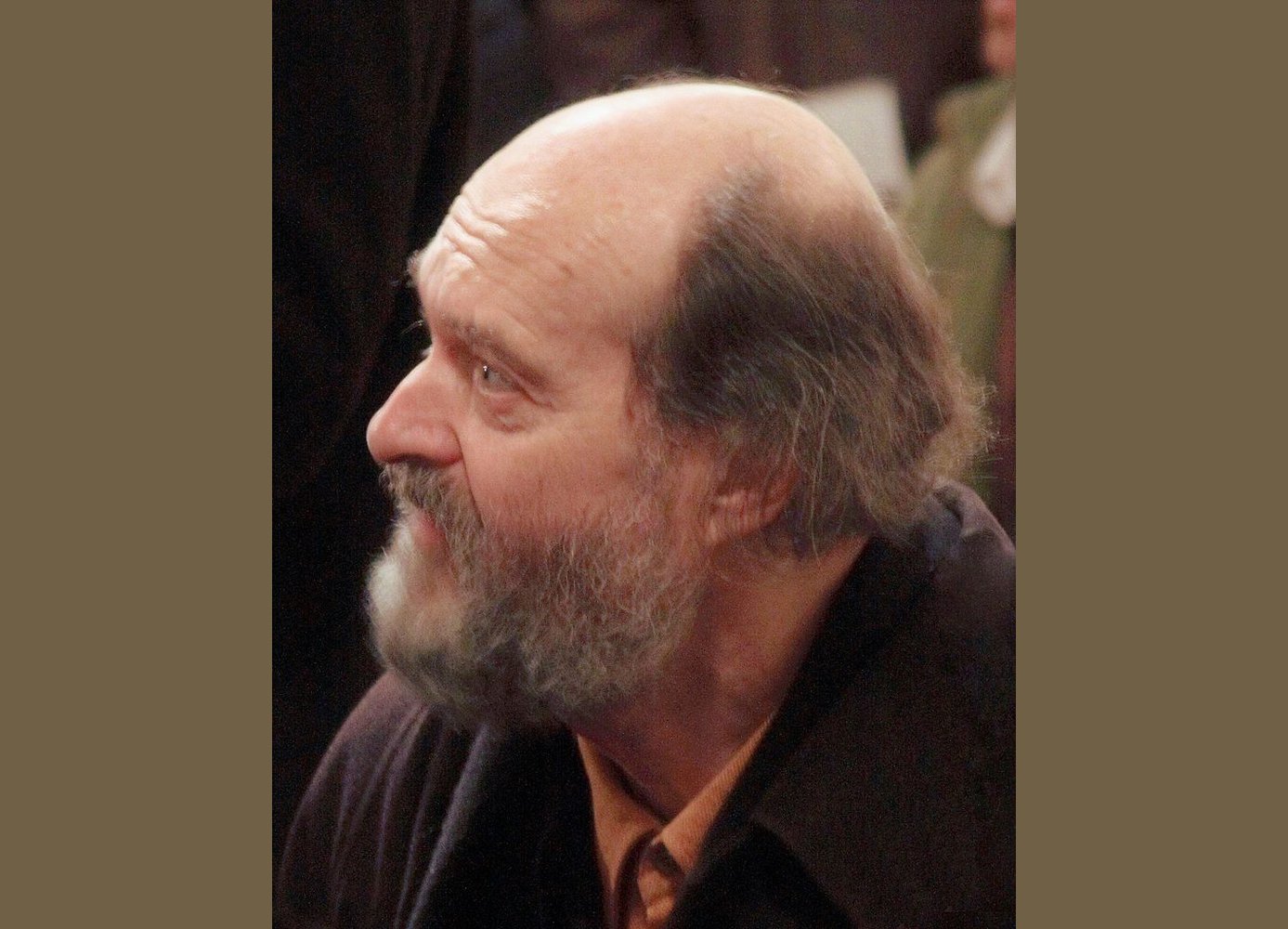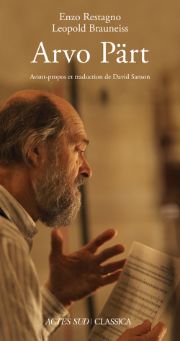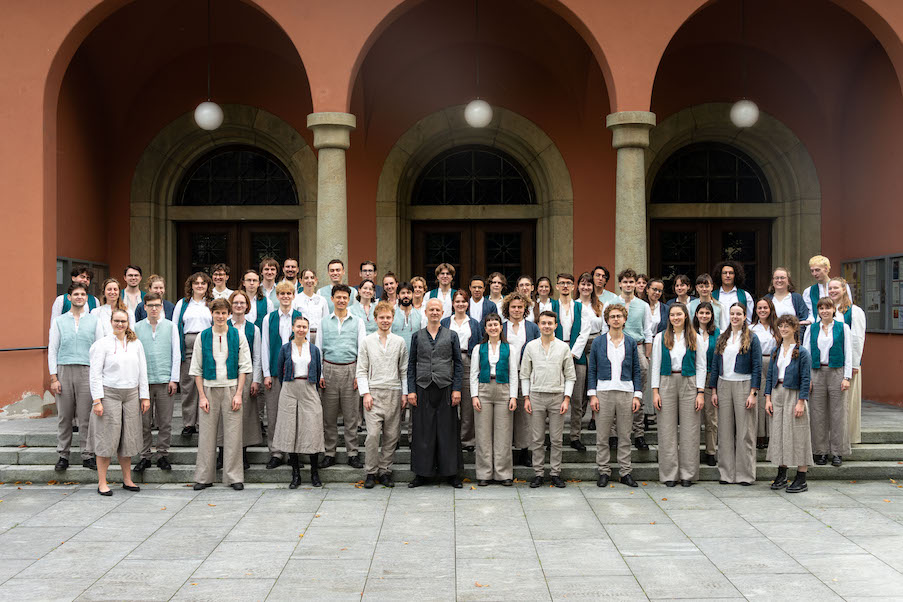Interview with Arvo Pärt
The first book in French on the Estonian composer.

Surprisingly, no book on Arvo Pärt has yet appeared in French. The translation of a long interview with the composer by Italian musicologist Enzo Restagno, preceded by a foreword by translator David Sanson and followed by a study by Leopold Brauneiss, happily fills a major gap. In it, the Estonian recounts his life, his encounters (his teacher Heino Eller, Nono, etc.), his resistance to aesthetic dogma, his inner journey: although he began his career as a composer under the aegis of the avant-garde (serialism, use of collage of elements from Baroque music), he soon felt he had reached an impasse. Convinced that he could go no further with the musical material he was using, as if saturated by the abundance of means, Pärt momentarily stopped composing and set off in search of a simple musical line that lives and breathes internally. The discovery of Gregorian chant, the study of which he compared to a blood transfusion, and his reflection on the beginnings of polyphony enabled him to find a style that became inseparable from his new works, which he called the "tintinnabuli style". Tintinnabuli is characterized by a kind of tension between freely moving melodic line(s) and the main notes of harmonies of the same mode, either in another voice or spread over several voices. His first work in this style (Für Alina) left him perplexed: it was only gradually that he became convinced by the new style he had just invented. Before long, he was writing more important works such as Cantus in memoriam Benjamin Britten, Tabula rasa or PassioThis is music in which silence is as essential as the continuum of sound. Brauneiss's thorough and well-informed study, entitled "An introduction to the tintinnabuli style", precisely describes the rules governing the elaboration of this sound world and its subsequent development. Halfway between determination and chance, at once minimal and complex, resulting from strict adherence to abstract rules yet appealing more to the ear than to the intellect, this stripped-down music seems ancient even though it could only have been written today.
Enzo Restagno, Leopold Brauneiss, Arvo Pärt (foreword and translation by David Sanson), 304 p., € 22.00, Actes Sud / Classica, Arles 2012, ISBN 978-2-330-01241-0









